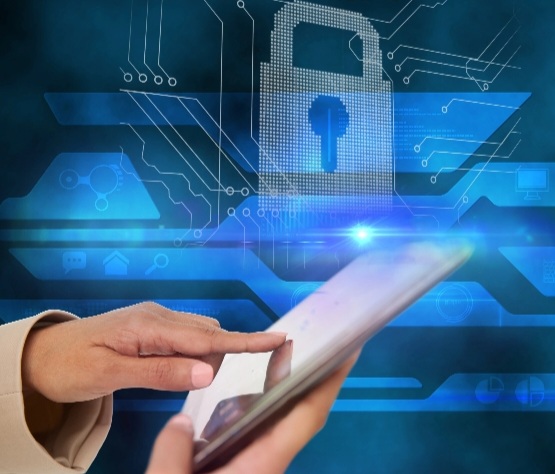Ensuring digital security is one of the most crucial aspects of business today, as it helps protect digital assets from cyber threats.
In this article, we will discuss several ways to help your company maintain strong digital security.
1. Provide Employee Training
One of the biggest risks to digital security is employees.
Therefore, it is essential to provide proper digital security training for your staff.
Training should include awareness of common cyber threats, steps to take when facing an attack, and how to recognize phishing attempts and other types of cyberattacks.
By educating your employees, your company can minimize risks caused by human error. This is a key step in maintaining digital security within your organization.
2. Invest in the Latest Security Solutions
Companies must invest in the latest security solutions tailored to their specific needs.
Investments should include deploying robust firewalls, using advanced antivirus software, and implementing sophisticated threat detection tools.
Regularly updating and upgrading security software is essential to stay ahead of evolving security threats.
3. Encrypt Your Data
One of the most critical measures to protect the confidentiality and integrity of your data is encryption.
Encryption ensures that data is not easily read or manipulated, significantly reducing the risk of data leaks.
Sensitive data, such as customer information and financial records, should always be encrypted both during storage and transmission.
4. Have an Emergency Response Plan
Your company should have a clear and structured emergency response plan in case of a cyberattack.
The plan should include steps to isolate the attack, recover systems quickly, and notify relevant stakeholders.
The faster the company can respond to an attack, the lower the likelihood of significant damage.
5. Monitor Network Activity
One of the most effective ways to detect cyberattacks early is through continuous network monitoring.
Monitoring systems can detect suspicious changes in network traffic patterns, unauthorized login attempts, or other unusual activities.
Active monitoring allows companies to respond to potential threats quickly before significant damage occurs.
6. Conduct Regular Security Audits
To ensure that all systems and applications remain secure, regular security audits should be conducted.
These audits involve reviewing all systems, applications, and hardware to identify vulnerabilities and ensure that security policies are being followed.
Routine security audits help companies stay vigilant and address any emerging risks.
7. Perform Regular Backups
Important data should be regularly backed up to prevent loss due to cyberattacks or hardware failure.
Backups should be performed regularly, and backup data should be stored securely in a location separate from the primary data source.
With proper backups, a company can quickly recover data in the event of a security breach or other disaster.
8. Be Cautious with Unknown Links
Avoid clicking on links from unknown sources.
Such links may be traps that direct you to malicious websites.
For example, a phishing site may appear almost identical to a legitimate website.
Before entering personal data, make sure the link is from a credible and verified source.
9. Use Strong Passwords
If you are using easily guessable passwords, such as your birthdate, it’s time to change them to more secure ones.
A strong password should combine letters, numbers, and symbols to make it more difficult to crack.
Weak passwords make it easier for hackers to access your accounts using brute-force attacks.
Additionally, avoid using the same password across multiple platforms to prevent multi-platform hacking attempts.
10. Enable Two-Factor Authentication
If your applications or websites offer two-factor authentication (2FA), enable this feature.
2FA adds an extra layer of security, reducing the likelihood of unauthorized access to your accounts.
Two-factor authentication methods may include fingerprint scanning, facial recognition, or one-time passwords (OTP).
These methods prevent unauthorized users from stealing sensitive data.
Why Digital Security Matters for Your Business
There are several reasons why safeguarding digital data is crucial for your company. If you’re looking to understand why it’s so important, you can find out more here.
PT Lintas Jaringan Nusantara is here to help you address your IT challenges. Our IT Solution services can be your company’s trusted partner in managing your IT needs.
Feel free to contact us here for more information.




